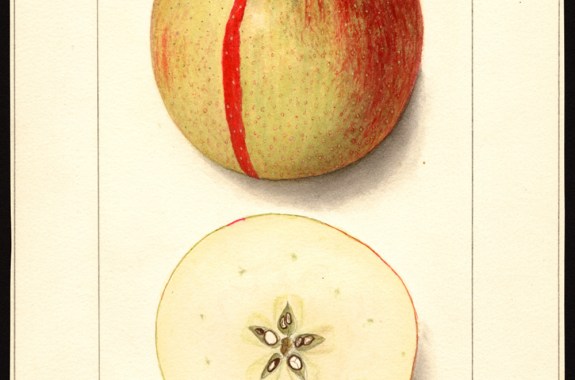Radio
Listen to Science Friday live on Fridays from 2-4 p.m. ET
April 18, 2025
Are traffic engineering decisions based on evidence-based research? Not as much as you might think. Plus, researchers captured the first confirmed video of a colossal squid swimming in its natural habitat. And, with brain-implanted devices, people with paralysis have been able to command computers to “move” virtual objects and speak for them.
17:27
Lacking Funding, Some Scientists Turn to the Crowd
Scientists frustrated by a lack of research dollars are turning to crowdfunding.
11:47
The First Touchdown On A Comet
The European Space Agency’s Philae lander is the first probe to touch down on a comet.
12:40
George Washington Carver: Renaissance Man
Carver was a painter, singer, and piano teacher, taught farmers the virtues of crop rotation, and developed hundreds of recipes for peanuts, sweet potatoes, soybeans and pecans.
17:17
Spilling Our Guts: Decreased Diversity in the Human Microbiome
How can hospital stays and the evolution from apes to humans change the diversity of our microbiome?
17:48
Opening Up the Synthetic Biology Toolkit
Synthetic biologist Christopher Voigt and biotechnologist Stephen Streatfield discuss current trends in synthetic biology.
12:08
Piecing Together the Puzzle of Insect Evolution
One hundred researchers studied 144 insect species to fill in the blanks of insects’ evolutionary history.
22:17
Apple Science, From American Beauty to Zestar
Between new crosses and old heritage varieties, there’s a world of apples beyond the Red Delicious.
12:08
U.S. High-Speed Internet Lags Behind on Price, Cost
For less than $40 a month, residents of Seoul, Hong Kong, Tokyo, Bucharest, and Paris can enjoy lightning-fast Internet download and upload speeds of 1,000 Mbps.
17:05
Behind the Monster Music: Why Some Tunes Scare Us
Neuroscientist Daniel Levitin and Sound Opinions co-host Jim DeRogatis discuss the neuroscience of spooky songs.
17:34
A Haunted House Turned Scientists’ Lab
Scientists turn Pittsburgh’s ScareHouse into a real-world lab to discover why some brains thrive on fear.

